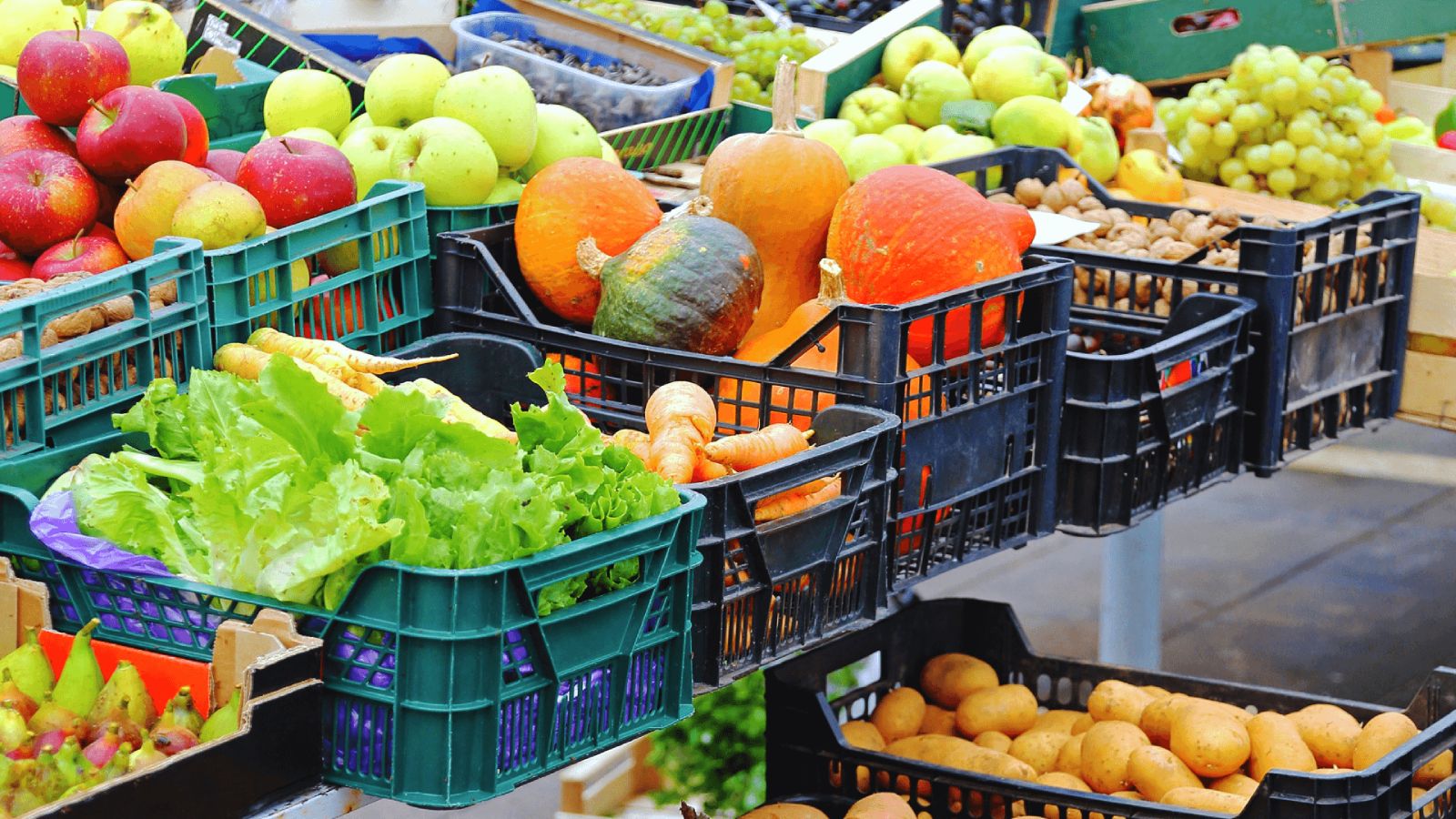Why More and More Restaurants Turn to Locally Sourced Produce
The term local (or locally produced, or locally sourced) is among the most subjective ones in our industry. On the one hand, it could refer to foods cultivated between 10 and 100 miles away from your restaurant…or even farther than that. For example, USDA’s Natural Agricultural Library (quotes the 2008 Farm Bill) states that locally or regionally produce agriculture “is transported is less than 400 miles from the origin of the product”. That’s actually quite far away, isn’t it?

While there’s no industry consensus on this matter yet, we can at least agree that the closer the source, the higher the benefits. After all, it’s not just about getting the privilege of stamping a ‘locally sourced’ label on your brand page or menu, even though your ingredients travel long routes through the supply chain. You want to deliver real value, taste, and quality.
With local foods (we really mean close-range!), you can stay true to your clientele and make some significant savings, too! So let’s take a quick look at the many benefits of staying local.
The Many Benefits of Locally Sourced Produce
1. Faster, Fresher, Healthier & Tastier!
We all know that commercially grown fruit and veggies are artificially engineered and treated with post-harvest preservatives to withstand long distances. Say no to all of that. People have been terrified of the thought of supermarket produce departments selling one-year-old apples, and they certainly wouldn’t be more pleased to know that restaurants resort to any similar practices.
So avoid the headache by choosing a local wholesale supplier. Because locally sourced produce and groceries make a short trip to your restaurant, you benefit from faster, fresher, healthier, and tastier produce – the perfect base for your restaurant’s savory dishes. On top of asking your suppliers where the crops are cultivated, you could also inquire about fully organic or IPM options, which come really close to organic by keeping pest control at a minimum.
2. Care for the Environment & Support your Local Economy

Choosing local produce means giving back to the community. What you pay for your groceries goes to people in your area and benefits the regional economy. You don’t have to personally reach out to the local farmers and drive to their fields – just choose the wholesalers that do just that for you (sourcing from family-owned crops).
What’s more, you’re also favoring what’s best for the local ecosystems. For example, short transportation routes typically imply less human labor, less packaging, and fewer noxious fumes polluting our atmosphere. Likewise, sourcing from small, organic farms supports their traditional, environmentally-friendly practices.
3. Showcase your Fare with Seasonal Menus
Now back to your restaurant! Your clients open the menus, skim through their pages, and, hopefully, have a seasonal section to land on. Huh, why is that important? Firstly, your dishes retain that heightened peak flavor specific to seasonal ingredients. It also allows you to throw in more diversity and attract customers with seasonal specials, which owe a great deal of their popularity to their limited availability. At the same time, faithful patrons that know your all-year-round dishes by heart will surely welcome an occasional shift in the flavors leaving your kitchen.

Finally, thanks to its sporadic abundance, seasonal produce is also significantly cheaper. So do everything you can to stay in tune with the peak periods of your ingredients and plan your menus in advance. Without a doubt, you’ll soon notice significantly lower numbers on your kitchen bill.
4. Build a Better Brand Image
On top of facilitating those delicious menus, buying local will also boost your restaurant’s image. In fact, the two go hand in hand. Customers are more likely to return to your restaurant when your menu is in tune with nature, shifting just the way seasons do.
Ultimately, going for locally sourced products will help you build a friendlier, community-oriented image. That’s right: you’re building trust and earning appreciation by giving back to the community, supporting healthier environments, and providing an exclusively local experience on top of it all.
5. Appeal to Curious Non-locals
But it’s not just the locals that will grow to love your restaurant! Tourists always try to make the most of local experiences when visiting a new community. And they also frequently drop testimonials on Google or other travel and hospitality review platforms such as TripAdvisor. Provided that you deliver the right feeling, the favorable reviews will draw in a constant stream of curious travelers hunting for local specialties and seasonal flavors.

Where Can I Start?
It’s not that hard once you get the flow right! The long-term business benefits are innumerable once you start purchasing from local sources. Ensuring that your restaurant takes strong roots on local grounds will build up the perfect foundation for stability and growth. More and more restaurants have caught on to that, and the “locally sourced” headline now embellishes many hospitality menus.
Suppose you’re only at the start of your going-local journey. In that case, we advise that you only settle for a single source – preferably a small or medium-sized wholesale and specialty supplier that sources from local farms.
New Jersey & nearby restaurants can always count on Riviera for quick deliveries on a wide assortment of regional produce!
